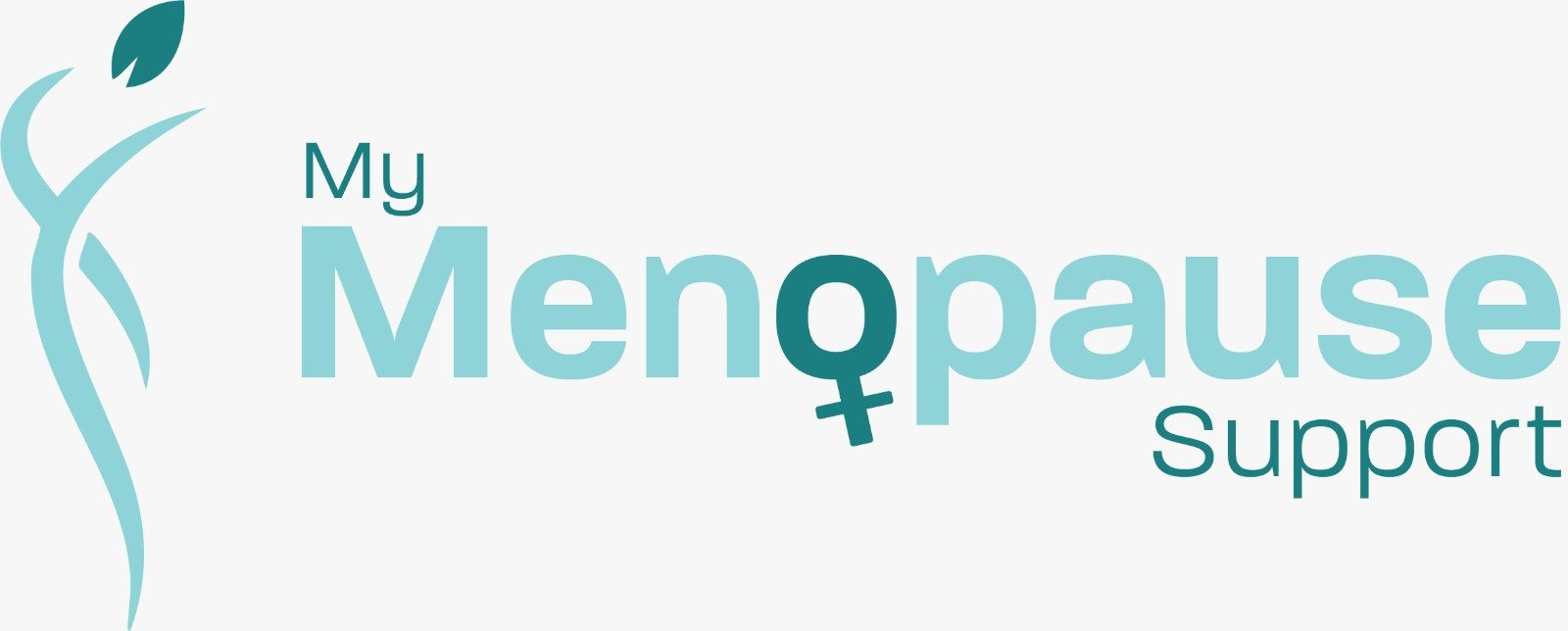Menopause Heart Palpitations
Expert Guidance with Dr. Sonia Dudeja
Understanding Heart Palpitations: A Common and Unsettling Menopause Symptom
That sudden, unnerving feeling of your heart fluttering, pounding, or skipping a beat can be one of the more alarming symptoms of perimenopause and menopause. You might be sitting calmly at your desk or lying in bed when you suddenly become powerfully aware of your heartbeat. These sensations are known as heart palpitations, and while they can be unsettling, they are a recognized and common experience for many women during this life stage.
It’s easy to feel anxious when you experience beatings, but it’s important to know that in the context of menopause, they are often benign. At MyMenopauseSupport.org, Dr. Sonia Dudeja understands the concern these symptoms can cause. We are committed to providing a thorough evaluation to ensure your heart is healthy and offering practical strategies to manage and reduce these episodes.

The Science Behind the Flutter
Why Palpitations Happen During Menopause
Heart palpitations during the menopausal evolution are not random; they are directly linked to the hormonal shifts occurring in your body. Dr. Dudeja helps patients understand the key reasons why they happen:
Estrogen Fluctuations
Estrogen has a complex relationship with your cardiovascular system, including influencing your heart's rhythm. The dramatic fluctuations and ultimate decline of estrogen can overstimulate the heart, leading to palpitations.
The Stress Response
Hormonal changes can put your nervous system on high alert. This can trigger surges of adrenaline, the "fight or flight" hormone, which can cause your heart to race or beat more forcefully, even when there is no external cause for stress.
Anxiety and Sleep Disruption
Palpitations are closely linked to anxiety, which is also a common symptom of menopause. Furthermore, sleep disturbances and night sweats can trigger adrenaline surges that lead to waking up with a pounding heart.
Triggers
Many women find their palpitations are worsened by common triggers like caffeine, alcohol, or high-sugar foods, which can become more potent during this hormonally sensitive time.
Your Path Forward
A Reassuring and Comprehensive Approach
While often harmless, it is crucial to have any new heart palpitations evaluated by a medical specialist to rule out any underlying cardiac conditions. Dr. Sonia Dudeja’s approach is built on providing both medical reassurance and practical, effective management strategies.
Comprehensive Medical Consultation
- Your care begins with a thorough evaluation with Dr. Dudeja. We will discuss the frequency and nature of your palpitations, review your individual and family medical history, and may recommend further cardiac assessment, such as an EKG, to ensure your heart is healthy.
Evidence-Based Medical Treatments
- Hormone Replacement Therapy (HRT): For many women, stabilizing hormone levels with HRT can lead to a significant reduction in palpitations. By addressing the root hormonal fluctuations, HRT can help calm the overstimulation of the heart and nervous system.
Integrated Wellness & Lifestyle Support
- Stress Management & Breathwork: This is a cornerstone of managing palpitations. We teach powerful, evidence-based techniques like deep, diaphragmatic breathing and mindfulness meditation. These practices are proven to calm the nervous system, lower adrenaline, and can often stop a palpitation episode in its tracks.
- Therapeutic Yoga: Gentle and restorative yoga practices are excellent for regulating the autonomic nervous system. Poses that emphasize slow, rhythmic breathing can help reduce the frequency and power of palpitations by lowering overall stress and anxiety levels.
- Identifying Triggers: Dr. Dudeja will work with you to identify and manage personal triggers. This may involve reducing your intake of caffeine, alcohol, or spicy foods, and ensuring you are well-hydrated, as dehydration can sometimes contribute to palpitations.


Frequently Asked Questions
It was very comfortable talking to Dr Dudeja about the symptoms I have been experiencing. She made me feel at ease so I could explain everything in detail.
I was made to feel at ease and comfy very quickly which helped me relax and explain my struggles and symptoms .

